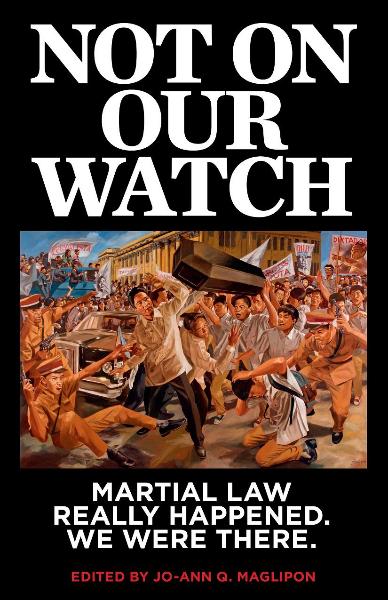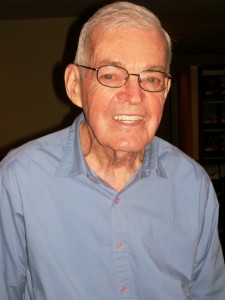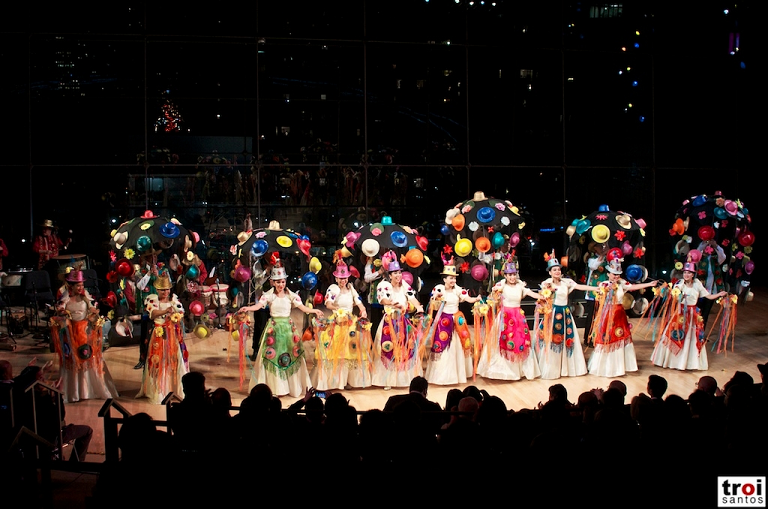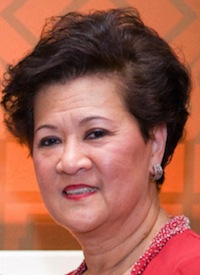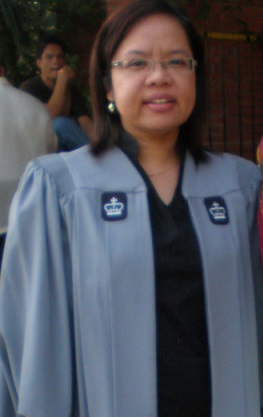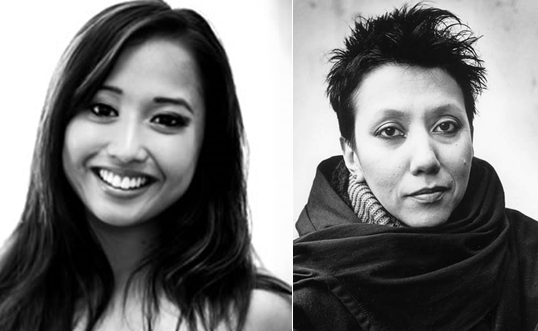In honor of my father, sweet vindication for veterans
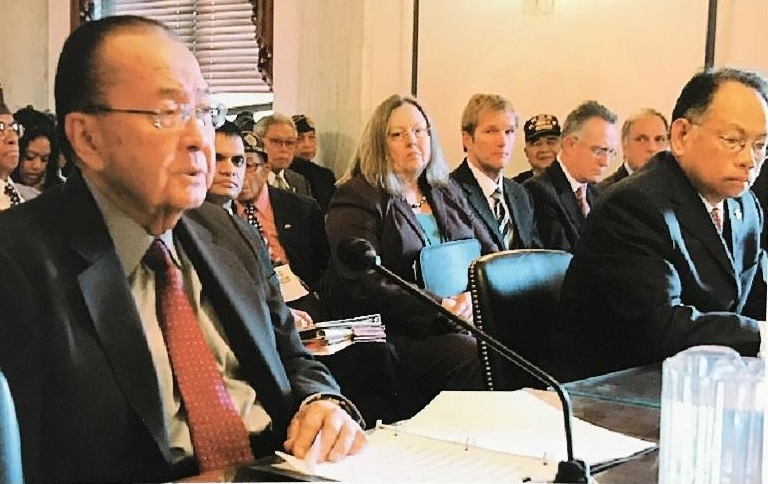
By Wendell Gaa
There I was, visiting the Philippine Veterans Affairs Office (PVAO) at Camp Aguinaldo, Quezon City, for the first time in my life.There was a very special reason I had to be there. I was to claim a Plaque of Recognition Posthumous Award honoring the work which my father, the late Ambassador Willy C. Gaa, put forth campaigning for the causes of Filipino World War II veterans during his tenure from 2006 to 2011.
In particular, my father was recognized for his contributions lobbying for the passage of the 2009 Filipino Veterans Equity Compensation Act and the 2015 Congressional Gold Medal Act. These are no small feats, mind you, and with Filipino American History Month of October now upon us, it is just fitting that we commemorate the steadfast efforts put forth by so many officials –my father included — who did their own part in realizing these long-awaited landmark victories for our noble veterans who sacrificed for the greater good.
At the outbreak of World War II in the Pacific, the Philippines was a commonwealth protectorate of the United States. Shortly after Japanese imperial forces launched their surprise attack on the U.S. Navy fleet at Pearl Harbor in 1941, their drive of conquest throughout the Asia-Pacific region led them to invade the Philippines. U.S. President Franklin Delano Roosevelt federalized all forces in the Philippines into active service, including the Filipinos themselves who were deemed legal American nationals given the nation’s commonwealth status. Filipino soldiers along with their American military counterparts fought valiantly to defend the country in such sites as Manila and Corregidor. Although the Japanese overwhelmed the nation’s Allied forces at the onset of the war, Philippine guerrillas continued to wage the battle against the occupying Japanese military forces from both the mountain and jungles. Their relentless fight along with secretive intelligence sharing with U.S. and Allied forces ultimately weakened the occupying Japanese military and paved the way for famed General Douglas MacArthur to lead the Allies to liberate the Philippines. Roosevelt had vowed to recognize all Filipino soldiers who had served in the war through monetary benefits, the same as their American comrades, regardless of their rank.
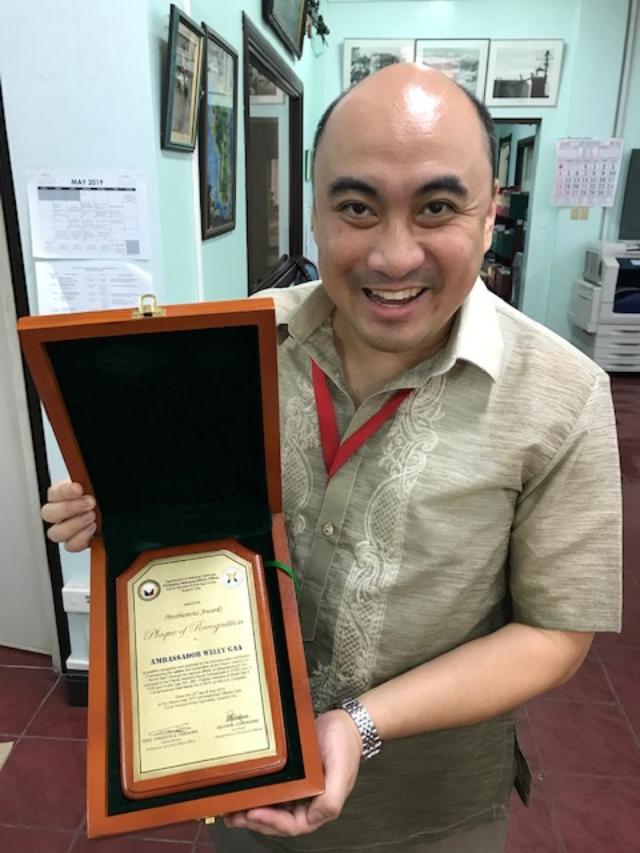
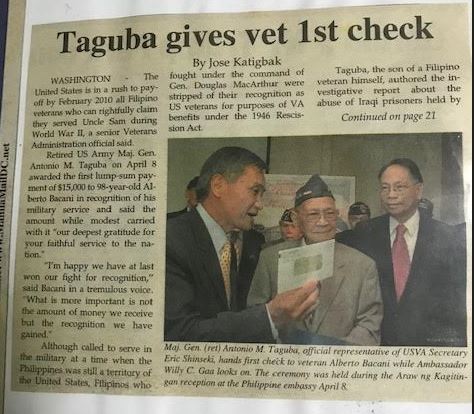
Sadly in 1945, as the end of the Second World War was nearing, Roosevelt passed away, and the hopes of the Filipino veterans gaining monetary benefits and other forms of recognition for their wartime service practically died with him. The new U.S. administration of President Harry Truman, which saw the final defeat of the Axis powers in both Europe and the Pacific, was apparently more preoccupied with the national post-war economic welfare of the United States than giving the Filipino veterans their proper financial recognition, which amounted to be around $3 billion. In 1946, in spite of the protests of renowned Philippine diplomat Carlos P. Romulo, the U.S. Congress passed the Rescission Act which essentially stripped the Filipino veterans of the benefits they were promised. It is further depressing to note that of the total 66 countries allied with the U.S. throughout World War II, only the Filipino soldiers were denied their wartime service benefits.
Surviving veterans who had lived between 1946 to 2017 thankfully lived to witness long-overdue recognition and compensation for their heroism. In 1990, 20,000 Filipino veterans were finally granted the right to become naturalized U.S. citizens. Then years later in 2009, then-President Barack Obama signed into law the American Recovery and Reinvestment Act, which incorporated the Filipino Veterans Equity Compensation Act that provided for a one-time $15,000 lump sum for the surviving veterans who are U.S. citizens, and a $9,000 lump sum settlement for non-U.S. veterans.
I know how tenaciously my father had worked with key U.S. legislators in ensuring the passage of this Act. One of the legislators was the late Senator Daniel Inouye of Hawaii, himself a World War II veteran who fought with the celebrated Japanese-American military unit known as the Nisei. Witnessing the moment was our good family friend Ret. Maj. Gen. Antonio Taguba, a veteran’s advocate. He handed the first lump sum check to veteran Alberto Bacani in Washington D.C. back in April 2009, one of my father’s proudest moments in the diplomatic service.
He had been campaigning for veterans’ rights and welfare since his days as Consul General in New York in the late 1990s, and while there would be other issues that needed to be addressed, his feelings at every moment definitely paralleled that of so many other surviving veterans, sweet vindication!
© The FilAm 2019

